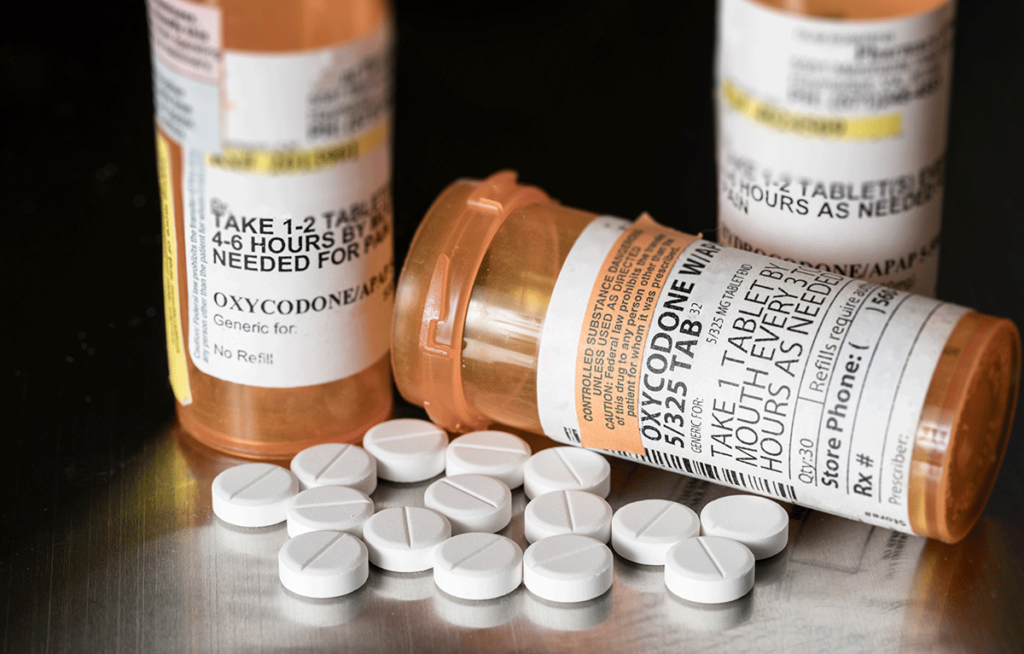There is a lot of discussion in the news regarding opioids and the rising rates of opioid addiction. This may leave you wondering, what is an opioid? An opioid is a compound resembling opium in addictive properties or physiological effects. In simpler terms, opioids are man-made drugs that are chemically similar to opiates which are naturally derived from the opium poppy plant. While they are different in origin, they act similarly on the brain and body. It is not uncommon to see the words opioid and opiate used interchangeably.
If you struggle with these dangerous drugs and seek “opioid addiction treatment near me,” The Arbor can help. Our center in Georgetown, TX, provides support and evidence-based treatment that you can use to get sober. Call 844.413.2690 to learn more.
What Is an Opioid Used to Treat?
Opioids are effective pain relievers when used as prescribed for short periods. Opioids are used to treat:
- Chronic pain
- Severe pain due to injury or surgery
- Moderate-to-severe cough
Unfortunately, the euphoric feeling they can produce has made them a popular target for misuse. Regular use of opioids or opiates, even when used as prescribed, can lead to addiction. When misused, opioids can lead to overdose and death. All opiates have side effects that can create additional medical problems as well.
Commonly Abused Opioids
These substances are all either naturally derived opiates or synthetically manufactured opioids. Some of these substances are opioids mixed with other analgesics, such as acetaminophen, which enhances pain relief and is generally considered safe but carries its risks if too much is taken.
Common Injectable Opioids
These drugs are typically injected but may also be smoked or snorted. These are the strongest and most dangerous opiates and opioids.
- Morphine – This is a naturally derived opiate used to treat severe pain, including from cancer. Morphine was the first substance derived from the opium poppy plant in 1804. Its deadly potential was known immediately. Despite its high risk, morphine was originally, and sadly mistakenly, marketed as a treatment for opium and alcohol addiction in addition to its use as a pain reliever.
- Heroin – Heroin is illegally made and highly addictive. It is not available by prescription. Since all heroin is manufactured and sold illegally, strength and contamination are unknown, making this an extremely high-risk substance. Originally and falsely marketed as less addictive than morphine, heroin is more potent and up to twice as addictive as morphine.
- Fentanyl – This dangerous drug is a synthetic opiate used to relieve severe pain. It is the most powerful, legally prescribed opioid. However, illegally made fentanyl is increasingly common. Regardless of how it is made, it is easy to overdose on fentanyl, and death by fentanyl is increasing. Fentanyl is about 75 times stronger than morphine for a given amount. It’s important to note that fentanyl can also come in powder or tablet form.
Opioids in Tablet or Pill Form
These drugs can have serious risks and side effects. Common side effects of opioid use can include increased sensitivity to pain, constipation, nausea or vomiting, sleepiness, dizziness, itching, sweating, confusion, and depression. Many of these substances also include acetaminophen. Exceeding prescribed dosages of drugs containing acetaminophen adds the risk of liver damage to the already dangerous dangers of abuse. Commonly prescribed opioids have:
- Oxycodone (OxyContin)
- Hydrocodone (Vicodin, Lortab)
- Codeine
- Percodan
- Percocet
- Dilaudid
- Fiorinal with codeine
- Robitussin A-C
- Tylenol with codeine
- Empirin with codeine
- Roxanol
- Duramorph
- Demerol
- Actiq
- Duragesic
- Sublimaze
- Tylox
If you are seeking help for addiction, The Arbor in Georgetown, TX, has evidence-based treatment plans to help. Our facility specializes in opioid and opiate addiction recovery so that you can get the right help.
How Opioid Addiction Develops
Continued use can lead to a higher tolerance. This means the individual needs an increasing dose to achieve the same pain relief or euphoric effect. A higher tolerance increases the risk of addiction and can lead to an overdose. When someone stops using an opioid, they often experience withdrawal symptoms quickly. You may need medical support to end use of any of these substances.
Finding Opioid Addiction Treatment near Me
At The Arbor in Georgetown, Texas, we offer comprehensive residential opioid addiction treatment programs tailored to each client’s needs. Our services include:
- Individual therapy sessions to work through underlying issues related to opioid use,
- Group counseling sessions for recovery support
- Experiential therapies like art therapy and music therapy
- Family programming that helps clients heal and reconnect with their loved ones affected by addiction
Aftercare planning and relapse prevention strategies to help individuals stay sober long-term. If you or a loved one are struggling with opioid addiction, The Arbor can help you.
Contact The Arbor for Your Addiction Treatment Options
Additionally, we provide aftercare planning and relapse prevention training. The goal is to help individuals gain the necessary skills for a successful long-term sobriety journey.
If you struggle with opioids, there is no better time to get help than now. Or, if you just discovered the answer to “what is an opioid?” and are concerned about a family member, we can help. Every person who walks through our doors for help receives a personalized treatment plan that helps promote their recovery based on their personal goals. Learn more about our opioid addiction treatment by calling 844.413.2690 or contacting us online today.


